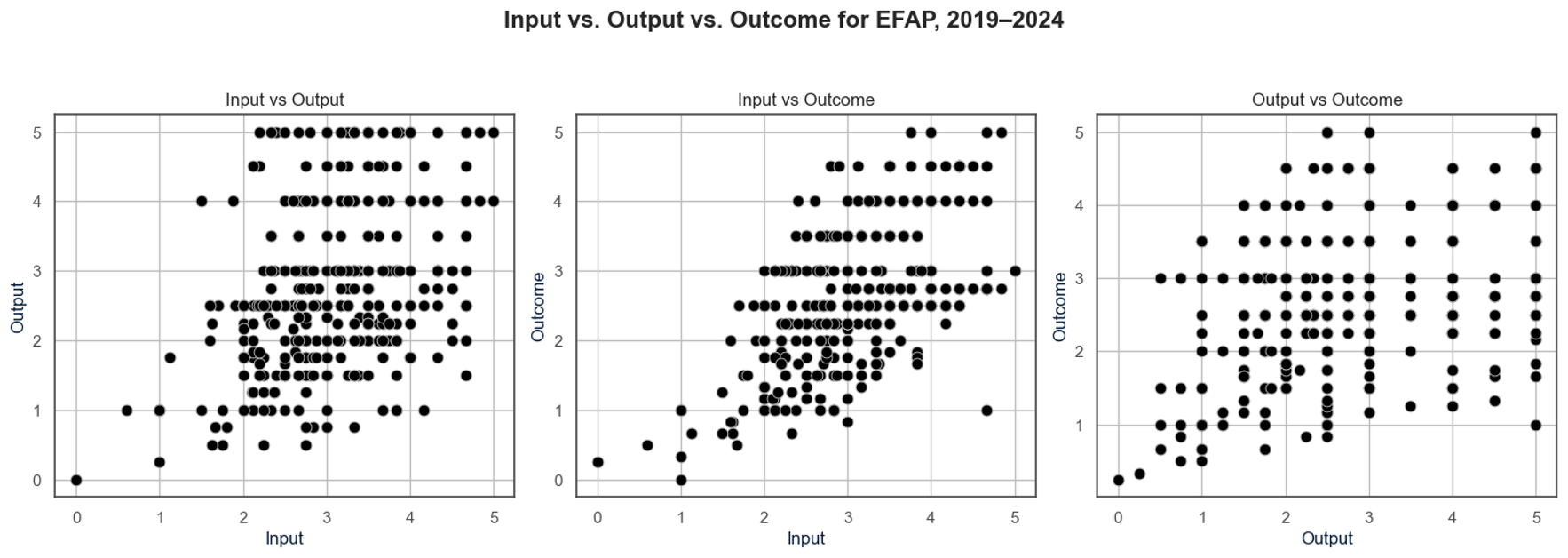How sentiment analysis can guide strategy in a PE-backed education group
Student online reviews are no longer just a marketing metric. They shape brand perception, influence enrollment decisions, and ultimately affect enterprise value. For a private equity-backed school network, understanding these signals has become a strategic imperative — to measure satisfaction, identify operational frictions, and connect perception with performance.
At REKOLT, we conducted a sentiment and rating analysis for two schools within the GDEH group (EFAP and ICART), covering four campuses each. The goal: to demonstrate, through an unsolicited proof of concept, how publicly available student reviews can be structured, analyzed, and turned into actionable insights.
Using large language models (LLMs), we transformed qualitative feedback into measurable dimensions — teaching quality, support, student life, employability, value for money — revealing the key drivers of satisfaction and dissatisfaction behind the ratings.
This work illustrates a simple conviction: qualitative data can become a strategic asset.
When cross-referenced with operational and financial metrics, it helps link perception to performance, offering a powerful decision-making layer for any education group seeking to strengthen its brand, profitability, and scalability.
Decline of student satisfaction
Both EFAP and ICART have seen a steady drop in ratings, except for ICART Paris which improved in 2024. This decline may be due to external factors like COVID-19, a tougher job market, or changing expectations from younger generations or it could also reflect internal issues, such as difficulty maintaining quality or adapting operations
Lack of standardization limits scalability
Student experience is not consistent across or within campuses of the same brand, revealing weak franchise effects. This lack of operational standardization challenges the scalability of the brand and the ability to implement rapid transformation plans within a value creation plan
Student satisfaction is driven by subjective levers
The strongest driver of student satisfaction is atmosphere, not teaching quality or career outcomes. This makes perception harder to control and underlines the importance of managing social environment on campus even if it is a less tangible lever
Experience matters more than outcome
The value proposition of the schools, perceived by students is primarily linked to the on-campus experience (teaching, support, environment), not to post-graduation success. Schools can receive high overall satisfaction scores even when employability is weak
A proof of concept from REKOLT’s Decision Intelligence for PE Firms series





